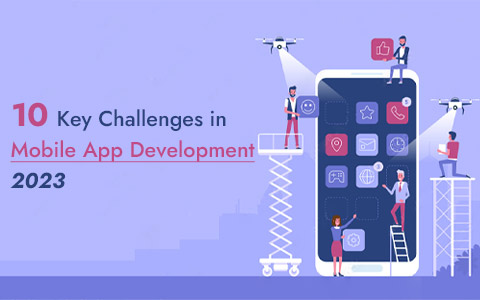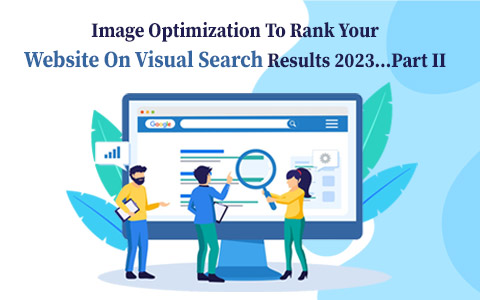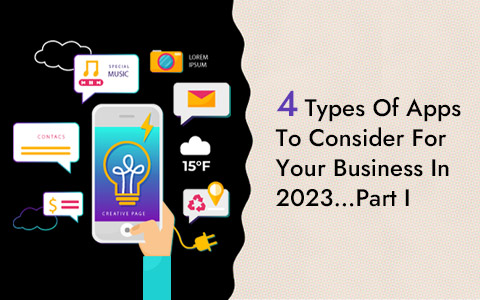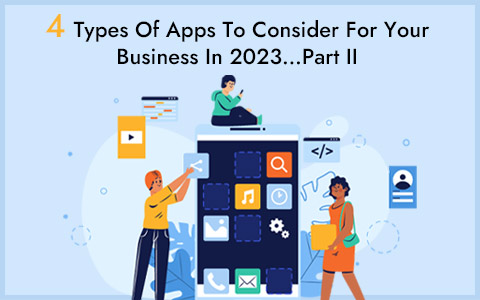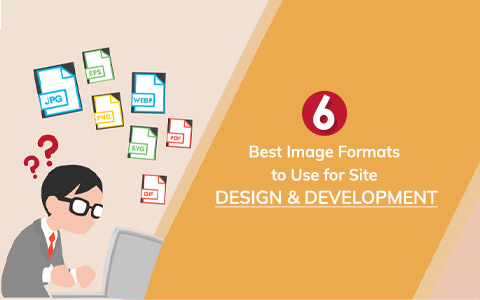Top 8 PHP Frameworks For Website Development 2023…Part II
 December 28, 2022
December 28, 2022 Web Development Services Website Development Services
Web Development Services Website Development Services
“PHP is about as exciting as your toothbrush. You use it every day, it does the job, and it is a simple tool, so what? Who would want to read about toothbrushes?” – Rasmus Lerdorf
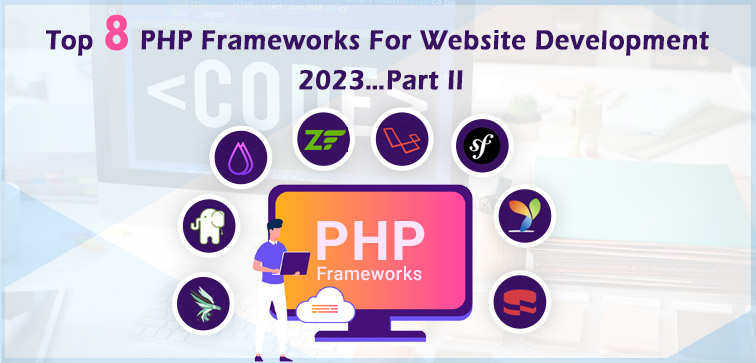
In the last blog, we talked about the relevance of PHP and its frameworks in today’s web development market. It is among the coveted development platforms which are open source and has a great potential to assist you to develop, design, and build robust websites that will scale with your business and contribute to the ROI of your brand/business.
Midas takes great interest in the latest and trendy web development tools and technology. We have been in the industry for almost two decades now. In the last several years we have worked with global clients and have created bespoke websites that thrive with the changing market demands.
If you are looking for professional Web Development Services from India then look no further because we provide it all. From development, and design, to assessment and optimization, Midas has a plethora of resources and an array of services for your business. Call today!
8 Popular PHP Frameworks For Creating Websites:
3. CodeIgniter:
This is another quite famous PHP framework for developing efficient dynamic websites. Due to its minimal configuration requirement, you can quickly build web applications without much hassle. Launched in 2006 and since then this framework has gained attention and appreciation from professional developers from all around the world.
CodeIgniter Key Features:
1. CodeIgniter is a lightweight PHP framework that is quite easy to install and set up.
2. This framework supports multiple caching methods and that helps in enhancing the performance of web applications.
3. It is a safe framework in the sense it has includes defenses against threats and attacks such as CSRF and XSS. It also has Content Security Policy and security against context-sensitive escaping.
4. This framework allows data transfer and simple database modifications.
Drawbacks of CodeIgniter:
CodeIgniter upgrades and updates are less regular. It means, to build a secure business web app you need a framework that offers similar quick updates in terms of maintaining the security of the apps and CodeIgniter may not be the best choice in that scenario.
4. Cake PHP:
This PHP framework follows the MVC design pattern. The framework allows developers to work on different aspects of the program at once without mixing the app interface and business logic. You can build feature-rich and aesthetically impressive web applications using this framework.
Cake PHP Key Features:
1. It is simple and easy to install Cake PHP; all you need is a web server and a copy of the framework.
2. The framework has built-in testing tools which will help in maintaining, enhancing, and refining the quality of the code.
3. You get premium support, a modern framework, and great documentation to develop your web apps.
4. You get a secure platform to work on as it prevents CSRF, XSS, and SQL injection.
5. You get automated functions for database management.
6. You get CURD scaffolding to simplify code creation, update, and modification.
Drawbacks of Cake PHP:
Cake PHP can come across as a little restrictive as the framework strictly follows conventions, thus developers might not be able to work as they like, for instance, developers will have to adjust the default routes as it doesn’t allow fancy URLs (as it can impact the efficiency of the framework).
5. Yii:
This free, high-performing, component-based PHP framework is best suited for developing modern, complex web apps. Known as the universal web development framework, for it can be used to develop an array of web apps. If you are looking for a suitable framework for huge projects like CMS, e-commerce websites, etc. then this PHP framework is best for it.
Yii Key Features:
1. The framework is easy to set up and comes with clear documentation which is easy to follow.
2. The framework has robust security features which include cross-site scripting and cookie attack prevention.
3. The caching support you get on this platform enables developers to build extremely efficient web programs.
4. Effective systems are in place to track and address errors on time.
5. You get jQuery and AJAX feature integration.
6. With Gii you can work on rapid prototyping without much hassle.
Drawbacks of Yii:
Due to the steep learning curve of this PHP framework, it might not be convenient for beginner level developers to work on it. You must have high attention to detail as a simple error in code can cause a major issues in the entire application.
6. Phalcon:
Launched in 2012, this PHP platform is a full-stack PHP framework that is built for speed. In spite of the fact that Phalcon is a C-extension, it doesn’t require you to have the knowledge and understanding of C to use this framework for app development.
Phalcon Key Features:
1. Key features would include low-level architecture with a one-time load of Zephir, C extensions, and PHP.
2. This framework is your go-to when you are aiming to develop highly bespoke web apps.
3. It has a strong performance factor in the fact that it doesn’t use file reads and file stats, which is seen in other PHP frameworks.
4. Top-tier security, caching support, and asset management are some other salient features of this framework.
Drawbacks of Phalcon:
Even with the most sought after features like high speed, this framework is not suitable for your app if you have shared hosting. Ideally, large websites that require high-performance and don’t have shared hosting should choose this framework for web app development.
7. Zend:
This open-source PHP framework uses features such as inheritance and interfaces which enables it to be extensible in nature. If you need a feature-rich and enterprise level web app, you can use this framework for development.
Zend Key Features:
1. The platform contains structured and reusable code which makes it perfect for complex-enterprise level apps.
2. Its salient features include cloud API, MVP components, session management, and encryption.
3. This PHP framework can offer outstanding security, performance, and extensibility.
4. Thorough documentation and a large community of developers make it a perfect platform to develop web apps and get needed support.
Drawbacks of Zend:
For mobile app developers, it can be a challenge to work on this platform as it comes with a steep learning curve. If you are on a tight budget then this might not be the perfect framework as the plugins are expensive for this PHP framework.
8. Slim:
This PHP framework is best suited for scenarios when you need to create simple and powerful web apps. This micro PHP framework is best for small-scale projects where you are aiming for simple, secure web apps with strong APIs.
Slim Key Features:
1. This framework has a lean codebase with no third-party dependency, thus making it fast to develop and easy to learn.
2. Some of the salient features of this platform include cookie encryption, client-side HTTP caching, and URL routing.
3. Numerous requests can be processed per second for the framework loads quite quickly.
Drawbacks of Slim:
Slim is not the right choice of framework if you are developing complex and large-scale web apps. It is not suitable for enterprise level apps as it has weak dependency injection.
Conclusion:
PHP is still in use and the frameworks are efficient in developing web apps with different needs and requirements. It is essential that you assess and evaluate the features of above mentioned frameworks before you decide on a suitable platform for your web app development. If you need expert suggestions and assistance in deciding and developing your web apps then you can hire our web development services. Midas Is Just A Call Away!
popular post
-
6 Most Realistic Reasons To Have Social Media For Your Business In 2020
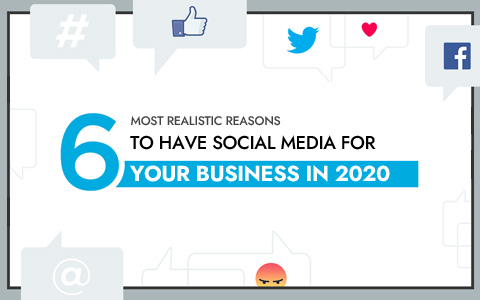
-
Top 5 Reasons That Will Motivate You To Start Your Ecommerce Website

-
6 Best Ways To Increase Customers For Your Beauty Business Website

Categories
- Internet Marketing (13)
- Software Development (8)
- Mobile Apps Development (44)
- Web Designing (32)
- Web Development (60)
 business@midaswebtech.com
business@midaswebtech.com